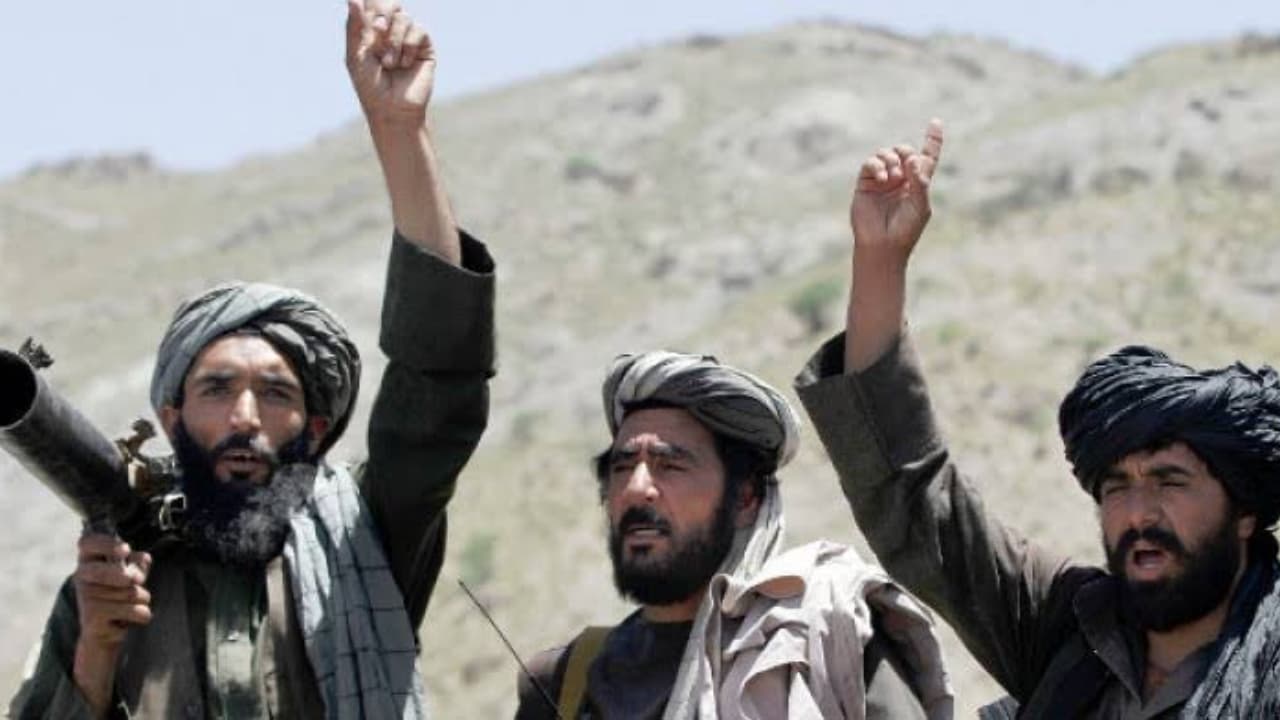Balochistan’s story is one of repeated attempts by the Pakistani state to assert control, and repeated pushback by local groups who feel excluded from power.
New Delhi: On August 26 last year, the anniversary of Nawab Akbar Bugti’s assassination, a series of coordinated attacks shook Balochistan’s highways, leaving more than 70 people dead. For many in the province, the date carries deep political meaning because Bugti’s death, in a 2006 military operation ordered by then-president Pervez Musharraf, transformed him into a powerful symbol of Baloch resistance. The bloodshed of 2024 underscored how the movement tied to keep his legacy remains a driving force in the region.
Balochistan’s story is one of repeated attempts by the Pakistani state to assert control, and repeated pushback by local groups who feel excluded from power.
From the annexation of Kalat in 1948 to the One-Unit policy of the 1950s and the large-scale operations of the 1970s, the province has lived through successive rebellions and crackdowns.
Each phase has left deeper scars, reinforcing the sense of distance between Baloch communities and the Islamabad government.
Recent figures show how that cycle continues
The Human Rights Council of Balochistan documented 830 enforced disappearances and 480 killings in 2024.
Students formed the single largest category among the missing. The organisation points to a pattern: disappearances surge after rebel attacks, suggesting collective punishment rather than focused law enforcement.
Pakistan’s official Commission of Inquiry on Enforced Disappearances records over 10,000 cases since 2011, but rights groups argue the numbers understate the scale and obscure the state’s role.
The human toll is visible beyond numbers
In December 2023, a women-led march by the Baloch Yakjehti Committee walked over 1,500 kilometres to Islamabad, demanding the release of missing relatives.
Early this year, when bodies from the Jaffar Express train hijacking arrived at Quetta’s Civil Hospital, families protested. Security forces fired to disperse them, killing at least three and arresting activist Dr Mahrang Baloch. Internet shutdowns followed in Gwadar and other districts.
For Pakistan, the challenge is not just security
Rebel groups such as the Balochistan Liberation Army have attacked state infrastructure and Chinese-backed projects under the China–Pakistan Economic Corridor.
In response, security operations have grown harsher. However, rights monitors argue that the heavy-handed approach has deepened alienation rather than resolving it.
International scrutiny remains limited
Pakistan ratified the International Covenant on Civil and Political Rights in 2010; however, it has not signed the UN Convention on Enforced Disappearances. The UN Working Group on Enforced Disappearances still cites Pakistan in its reports. Amnesty International and Human Rights Watch have criticised Islamabad for failing to end the practice.
The rebellion’s persistence signals a deeper issue: decades of political marginalisation and economic exploitation have created grievances that disappearances and force cannot erase. Each protest, missing student, and Bugti anniversary shows Balochistan’s crisis is a result of policy, not chance.
